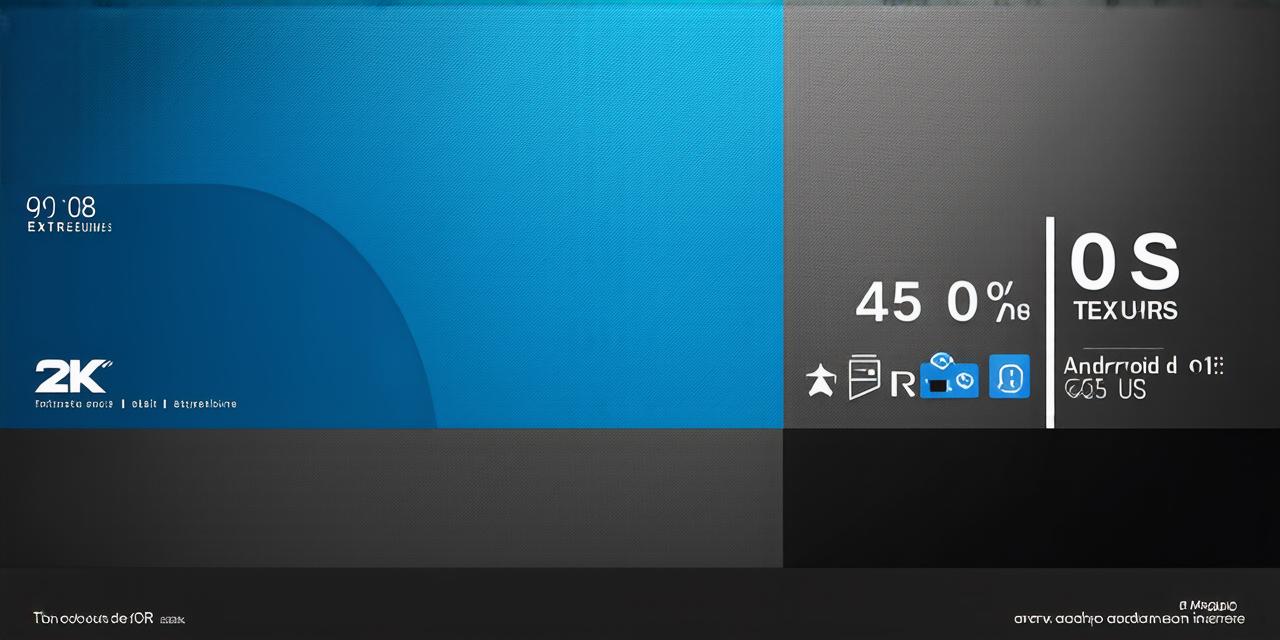Android is one of the most popular mobile operating systems, with over 2 billion active devices running on it. This makes it an attractive platform for game developers to showcase their creativity and reach a large audience. However, developing games for Android can be challenging due to several factors, including technical limitations, fragmentation, and competition. In this guide, we will explore the key challenges faced by game developers when building Android apps and provide tips on how to overcome them.
1. Fragmentation:
One of the biggest challenges in Android app development is fragmentation. Android devices come in various shapes and sizes, with different screen sizes, resolutions, and hardware specifications. This makes it difficult for game developers to create apps that work seamlessly across all devices.
In addition, there are different versions of Android running on devices, which adds another layer of complexity. Developers need to ensure that their app works well on a wide range of devices and Android versions.
2. Technical limitations:
Android has certain technical limitations that can pose challenges for game developers. For example, the platform has limited resources, such as memory and processing power, which can affect the performance of games, especially on low-end devices.
In addition, Android has strict battery life and memory usage constraints, which can impact the user experience if not managed properly. Game developers need to ensure that their apps are optimized for the available resources and do not consume too much power or memory.
3. Competition:
The Android app store is highly competitive, with millions of apps available for download. This makes it challenging for game developers to stand out from the crowd and attract users. To succeed in this market, game developers need to create engaging and innovative games that offer unique features and experiences.
They also need to market their apps effectively and build a strong brand identity.
4. Monetization:
Another challenge faced by game developers is monetization. Android app development can be expensive, and game developers need to find ways to generate revenue from their apps to cover the costs. There are several ways to monetize an Android app, including in-app purchases, ads, subscriptions, and freemium models.
However, choosing the right monetization strategy can be challenging, and game developers need to consider factors such as user behavior, market trends, and competition when making decisions.
5. Security:
Security is a major concern for Android app development, especially for games that involve financial transactions or sensitive user data. Game developers need to ensure that their apps are secure and protected against cyber threats such as hacking, malware, and data breaches.



